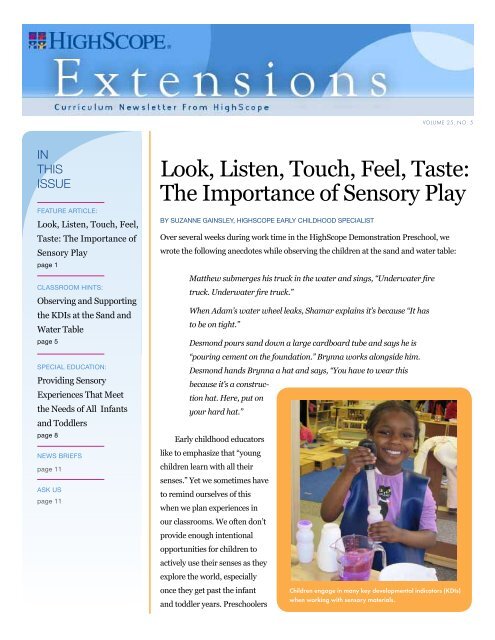Getting My special needs homewares To Work
Table of ContentsNDIS supplier Things To Know Before You BuyThe Only Guide to educational suppliesLittle Known Facts About fidgets.
Signs of oral-motor and also oral-sensory troubles Signs and symptoms of an electric motor issue can consist of: Postponed development of textures due to the fact that the youngster can't literally take care of eating strong foods Slow or inefficient chewing Food left in the mouth Food falling from the mouth Gagging Coughing or choking Reduced intake of food (the child might not consume adequate calories due to the fact that it takes as long to consume) Delayed advance of other feeding milestones (such as transitioning to a normal open mug from a sippy mug) Signs and symptoms of a sensory issue can include: Gagging Refusal to consume Crying throughout dish times Vomiting Postponed eating turning points (the youngster might be able to endure liquids as well as purees but have difficulty with chewable foods, or the other way around) Unusual preference choices (such as salsa on eggs) Food dropping from the mouth Risk of establishing this problem Kid who were birthed incredibly premature; who have GI, respiratory or neurological conditions; or who have hereditary syndromes may be more probable to create oral-motor and/or oral-sensory problems.Youngsters with oral-motor troubles might have trouble swallowing safely and can be in danger for desire and also choking. Diagnosis and assessment of oral-motor and also oral-sensory problems An extensive case history is important: It is essential for your youngster's medical team to comprehend exactly how feeding has gone because birth to understand where the problem started.
If there's a behavior part to your child's feeding issue, the therapy strategy can include cognitive behavior treatment. Whatever technique we take, our goal is to ensure your child can eat securely and successfully - Get the facts. After therapy Treatment length depends on the problem and your kid's age and ability level.

special needs homewares Can Be Fun For Anyone
What is sensory handling disorder? Sensory processing problem is an inequality between the sensory stimulations of the environment and the mind's feedback to that stimulations - special needs homewares. A child with sensory handling condition might have a tough time processing as well as acting on the info they receive from their detects, causing obstacles with daily tasks.
Sensory handling problem signs differ dramatically. Other signs and symptoms that may show sensory handling problem include: Extreme state of mind swings, Clumsiness, Required for continuous activity, Over or under-sensitive to outside stimulations, Delicate to loud noises, The child is intense, requiring, or tough to relax, Difficulty falling asleep, Difficulty concentrating, Slow to learn new abilities, Sensory handling problem might influence one of the detects (touch, view, sound) or lots of senses, as well as the signs and symptoms they create are chronic and influence everyday life.

To discover more about treatment at Solaris Pediatric Treatment, call the workplace or request an appointment online today.
Unknown Facts About SENSORY HOMEWARES
All young children grumble about this as well as that because that's what little children do! And also, they're naturally conscious temperature, texture and also various other experiences at this age. But a couple of youngsters are touchy-feely to the severe and these children might have sensory handling problems. Trouble handling specific experiences is the hallmark of sensory processing problems, and it can expose itself in numerous ways, such as a marching band passing (sound) or tee shirt's scratchy tag (touch).
What are sensory handling concerns? Sensory handling describes the method which a youngster replies to what he feels, preferences, smells, sees or listens to (fidgets). Instances of sensory issues consist of not being able to stand certain textures versus one's skin, getting dismayed when an alarm screams by or staying clear of hugs (see this).
On the contrary end of the range are youngsters that have an under-sensitivity, or the hyposensitive tyoe of sensory problems (special needs homewares). These children are abnormally detached to experiences and some may seem to be starved for stimulation, constantly needing to touch, smell as well as taste well outside the world of appropriate or normal expedition.
Right here's a sampling of some indications to seek: May hate being touched (if they're overly delicate) or appear unable to resist touching every little thing (if they're under-sensitive)May find it excruciating to wear clothing with tags or rough fabrics if they're very conscious touch, or appear aloof to discomfort, extreme heat or cold because of an under-sensitivity to stimuli, NDIS supplier May spin around often or have trouble harmonizing, Can be flustered and also overstimulated by loud sounds and also intense lights, May display extreme food aversions (beyond hating broccoli)May be overly terrified of swings and also various other play ground device May be deeply disturbed by dirt on their hands or faces, Can need excessive help to drop asleep (believe hours of rocking as well as special noise machines)Regularly head knocking, May have difficulty being gentle with animals, May regularly touch points and also individuals, or otherwise recognize individual area when other youngsters do, May have an extremely high tolerance for discomfort, May act very fidgety or be unable to sit still, May crave rapid rotating, hard hugs, or love being tossed airborne or jumping on furniture, What causes sensory handling concerns in kids? While the precise causes are unidentified, it's assumed that a combination of hereditary and also ecological factors may add to sensory processing concerns.